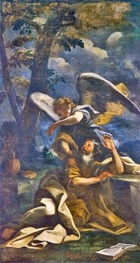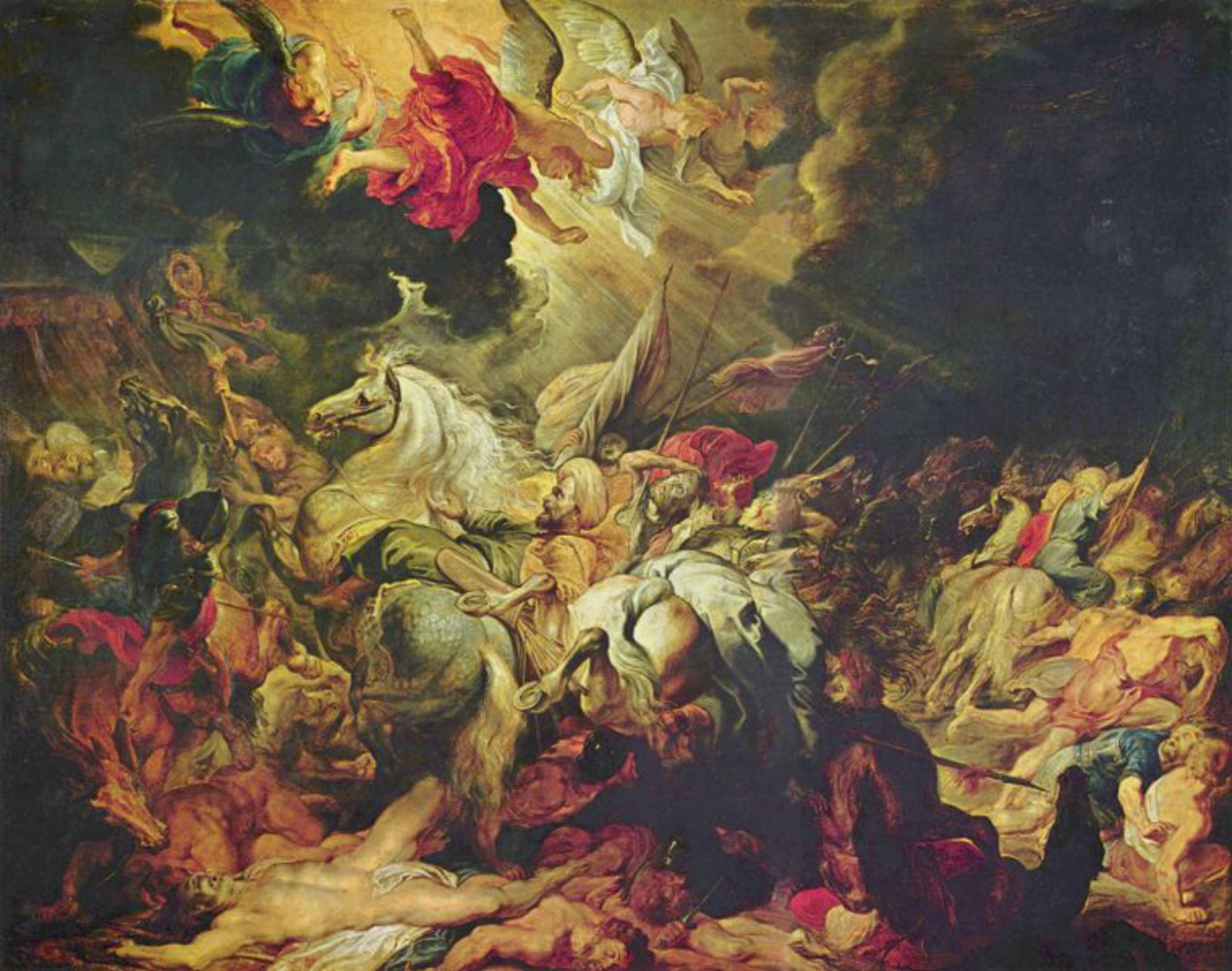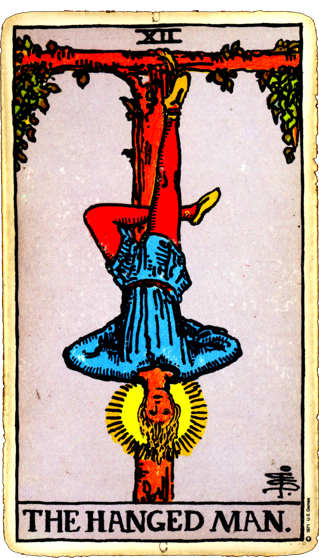

 In Paulo Coelho's book, "The Fifth Mountain", the Prophet Elijah has escaped from Israel and from the clutches of Ahab and Jezebel, to the city of Akbar or Zarephath in Phoenicia, modern day Lebanon, where he stays for 3 to 4 years. (This is based loosely on the biblical story in the Book of Kings: 1 Kings, Chapt. 17). Akbar is eventually destroyed by the Assyrians. Elijah complains to the Angel about all of these tragedies of life, to which the Angel replies: "Thou knowest not whereof thou speakest. There is no tragedy, only the unavoidable. Everything has its reasons for being; thou needest only distinguish what is temporary from what is lasting." "What is temporary?" asked Elijah. "The unavoidable." "And what is the lasting?" "The lessons of the unavoidable."
In Paulo Coelho's book, "The Fifth Mountain", the Prophet Elijah has escaped from Israel and from the clutches of Ahab and Jezebel, to the city of Akbar or Zarephath in Phoenicia, modern day Lebanon, where he stays for 3 to 4 years. (This is based loosely on the biblical story in the Book of Kings: 1 Kings, Chapt. 17). Akbar is eventually destroyed by the Assyrians. Elijah complains to the Angel about all of these tragedies of life, to which the Angel replies: "Thou knowest not whereof thou speakest. There is no tragedy, only the unavoidable. Everything has its reasons for being; thou needest only distinguish what is temporary from what is lasting." "What is temporary?" asked Elijah. "The unavoidable." "And what is the lasting?" "The lessons of the unavoidable."
Charque and I have often heard people complaining, as we have done ourselves, that "I don't need all of this" about whatever drama it is that is going on in their lives at the time. But the opposite is true. If you didn't need it, it wouldn't be in front of you. I have reminded myself of this over and over again. Intellectually I get it, but then it reverts back to complaining and worrying, if not outwardly to someone, then inwardly ruminating or complaining to self or to God. It is helpful to remember that many things in life are unavoidable. Then you don't keep wondering what you would have, could have, should have done differently. The dramas of life are also temporary. More importantly, there are lessons that go with these experiences that are invaluable and long lasting, if not eternal. What are these experiences doing for you, as opposed to what are they doing to you?
 The destruction of Akbar causes Elijah and those others that survive the attack (mostly old people, and women and children, as most of the men have been killed in battle or have left) to find a new strength that they didn't know they had to rebuild their city and move past their grief. "Akbar needed to be destroyed so that all could awaken the forces that lay dormant inside their own being." And "they achieved what they desired because they were not limited by the frustrations of the past." is the advice that a shepherd gives to Elijah. Those that survived the destruction learned to live in the present with what they had, instead of bewailing what they had lost.
The destruction of Akbar causes Elijah and those others that survive the attack (mostly old people, and women and children, as most of the men have been killed in battle or have left) to find a new strength that they didn't know they had to rebuild their city and move past their grief. "Akbar needed to be destroyed so that all could awaken the forces that lay dormant inside their own being." And "they achieved what they desired because they were not limited by the frustrations of the past." is the advice that a shepherd gives to Elijah. Those that survived the destruction learned to live in the present with what they had, instead of bewailing what they had lost.
 A Course in Miracles returns again and again to the problems of the conditioned mind and living in the past. The dramas that play out in life are there to get you past the dramas that continually play out in your head and to deal with them differently: the dramas of guilt and loss, of fear and shortage, of anger and abandonment which are the ongoing lens you view life through. In Tarot it is the Hanged Man that steps back from the dramas of life and views them from a different perspective. He hangs upside down on his tree because he views life 180° differently from the physical perspective. Life's dramas are unavoidable. It is naive and deluded to think otherwise. Or, as Paulo Coelho says in "The Fifth Mountain": "the unavoidable always happens." But like alchemy, that symbolically teaches the transforming of lead into gold, so the lessons of life's experiences CAN become the awakening to higher consciousness.
A Course in Miracles returns again and again to the problems of the conditioned mind and living in the past. The dramas that play out in life are there to get you past the dramas that continually play out in your head and to deal with them differently: the dramas of guilt and loss, of fear and shortage, of anger and abandonment which are the ongoing lens you view life through. In Tarot it is the Hanged Man that steps back from the dramas of life and views them from a different perspective. He hangs upside down on his tree because he views life 180° differently from the physical perspective. Life's dramas are unavoidable. It is naive and deluded to think otherwise. Or, as Paulo Coelho says in "The Fifth Mountain": "the unavoidable always happens." But like alchemy, that symbolically teaches the transforming of lead into gold, so the lessons of life's experiences CAN become the awakening to higher consciousness.